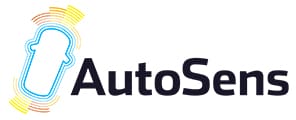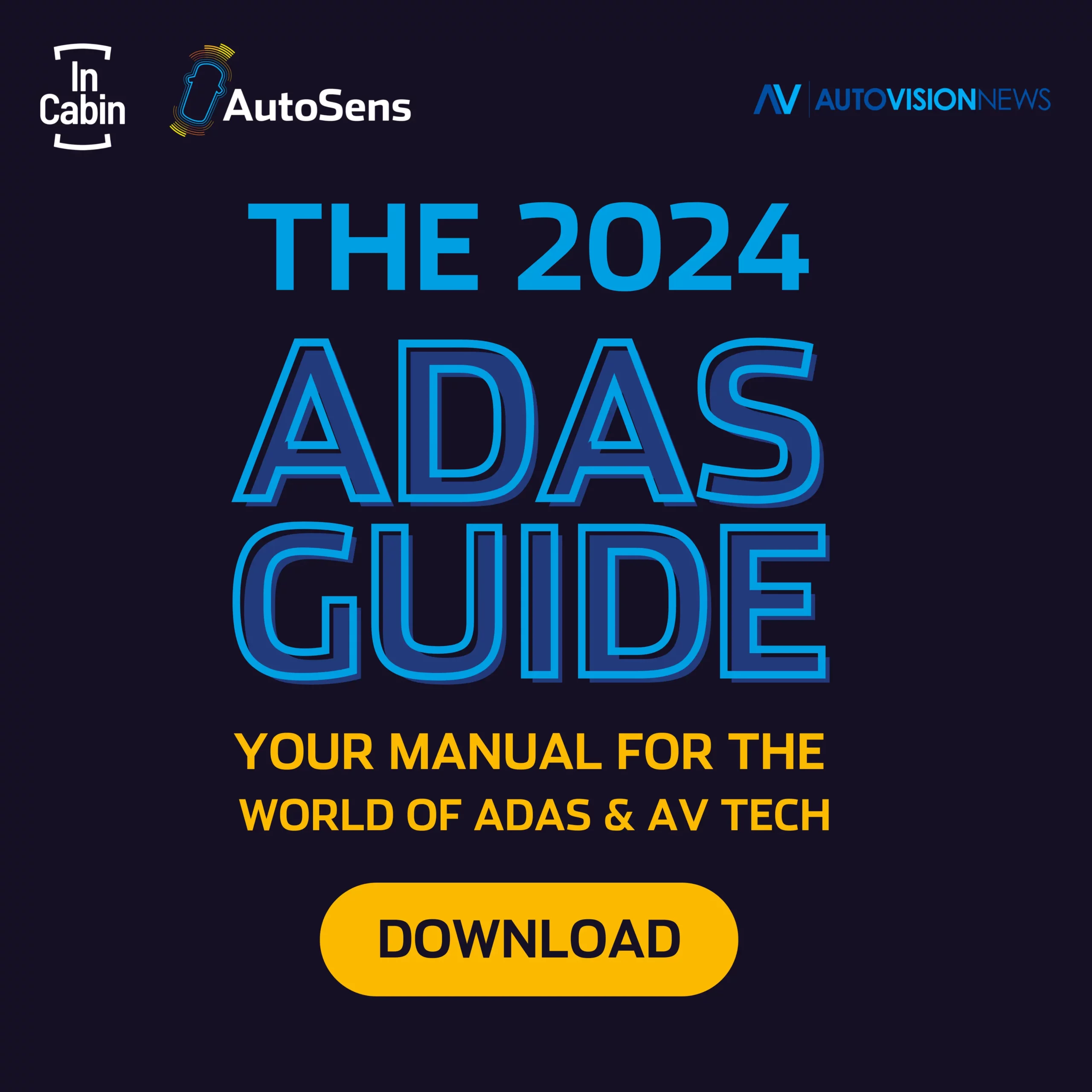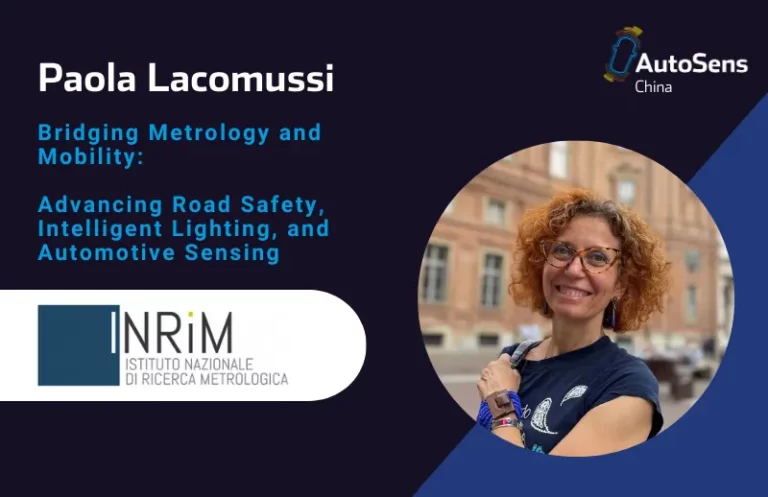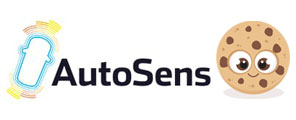By Rob Stead, Founder of Sense Media
When we started AutoSens it was driven by industry need, and my distillation of the many conversations I heard in the industry calling for an industry-wide discussion platform to bring together engineers working on ADAS and autonomous camera, radar and lidar systems.
We have built an incredible community since 2015 and remained faithful to our mission of supporting engineers and their technical challenges as an impartial facilitator of learning and collaboration. As we look to close out 2021, we have reached an inflexion point and there is a new dominant focus in the world of automotive vision systems – in-cabin.
While full autonomy is still the long-term objective, the market has matured and the range of applications for computer vision have broadened, leading to a distribution of niches. External-facing sensors and systems continue to evolve, fuelled by better sensors, optimised image quality, and innovations in fusion and processing, safety applications are becoming better and better.
But, as we heard in our latest FOCUS session last week, there is a new and rapidly growing interest in in-cabin sensing and understanding to meet not only safety standards set by NCAP organisations globally, but also by consumer demand for comfort and convenience applications.
Camera, IR, radar, ToF and other sensors are still at the leading edge of the system, capturing data about the environment inside the cabin, then using complex AI and algorithms to understand these scenes. But there are different challenges around field of view, hugely dynamic lighting, as well as more demanding biometric analysis required to serve applications such as driver monitoring, occupant detection, emotional sensing, predictive safety, and immersive user-experience.
And so, in response to this evolving industry need, 2022 will see us split out interior sensing from exterior sensing content to create a brand-new event, community and ecosystem for learning – InCabin. Driven by the same principles “by engineers, for engineers”, InCabin’s inaugural conference will take place alongside AutoSens in Brussels next September and be quickly followed by full 2-day conferences with workshops, technology exhibitions and demos, both in the US and Europe in 2023. AutoSens will continue to cater for ADAS and autonomous vehicle applications involving external sensing and understanding.
We are delighted to announce that Xperi are confirmed as the Founding Partner for this initial series of InCabin events, a long-time partner of AutoSens and an engineering company at the heart of the latest developments in the occupant monitoring space, and I must add at a personal level, a great team to work with.
Further details on the forthcoming advisory board, call for papers, agenda, and sponsorship and exhibition opportunities can be found at www.auto-sens.com/incabin where you can also sign up to our mailing list and get the latest information right to your inbox.
In short, I’m hugely excited about this opportunity! If you haven’t seen it already, please check out the FOCUS session from last week, which was a great introduction and overview and also provided some strong insights into the future roadmap for in-cabin technologies, alongside some entertaining input from Colin Barnden of Semicast Research, Rikard Fredriksson representing EuroNCAP, and Ashruf El-Dinary, Senior Vice President of Engineering, Digital Platforms at Xperi, all skilfully moderated by Junko Yoshida, Editor-in-Chief of The Ojo-Yoshida Report.
Stay tuned for more on InCabin soon…!







